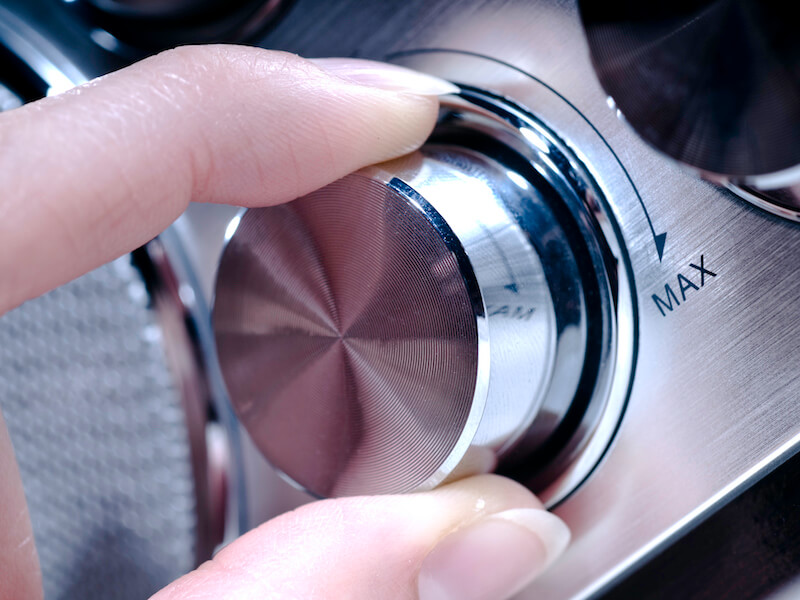
Sometimes, it’s easy to recognize when you require medical advice. You know you need to go to the doctor immediately if you break a bone, for example. With situations like this, simply “toughing it out” isn’t an option. At least, not for very long (particularly if you want your bones to repair themselves correctly).
It’s not always that clear cut in terms of hearing aids, though. Hearing loss typically progresses very slowly over time. That means it isn’t always easy to know when you may need to begin wearing hearing aids or to delay seeking treatment you know could be helpful.
That’s why it’s a good idea to watch out for some particular signposts that you may be losing your ability to communicate. It’s likely time to call us for a consultation if you do detect any.
Hearing aids and hearing loss
Hearing loss is mainly managed with hearing aids. But everybody who has some degree of hearing loss won’t necessarily need hearing aids. Hearing aids won’t always be helpful in cases of minor hearing loss. We may want you to hold off on using hearing aids as a result. Likewise, you may be directed to wear hearing aids only in particular situations.
Essentially, the threshold for requiring hearing aids isn’t always a diagnosis of hearing loss.
However, hearing aids will be the best option in many situations. Because hearing loss can be a sneaky and slow condition, lots of individuals don’t get a diagnosis until there’s been substantial damage. Getting your hearing examined regularly is the key to catching hearing loss early and possibly mitigating the need for hearing aids.
And if that’s the situation, you’re most likely thinking: how can I tell if I need hearing aids?
You need hearing aids if you recognize these indicators
Instant communication challenges can be the consequence of hearing loss. The interesting thing, though, is that you don’t always understand that those communication obstacles are the result of hearing loss. So, when is it time for a hearing aid?
Look out for these signs:
- You have a hard time following conversations in noisy places: When people ask, “What are the signs of hearing loss?”, this one is almost always mentioned. If you have a hard time hearing conversations in loud places, that’s usually a sure sign that you have hearing loss. That’s because your brain has trouble filling in the missing information that gets lost with hearing impairment. Lots of conversations get muddled because of this.
- You have problems understanding what people are saying: Many people don’t think they have hearing loss or need hearing aids because the total volume they perceive seems fine. But the thing about hearing loss is that particular frequencies of sound tend to go before others. Due to this, things like vowel sounds in the higher register can sound distorted. This could cause you to have a tough time understanding what people are saying.
- The volume on your devices is becoming very loud: If you’re always turning up the volume on your television or radio or smartphone, it might be because of hearing loss. This is especially true if you keep moving that volume knob higher (and even more especially true if the people around you complain about how loud your media is).
- Phone conversations sound muffled: Even the highest quality phone speakers tend to flatten a voice. If you have hearing loss, this can make it even more difficult to understand conversations. It can be really challenging to hear voices as an outcome of the loss of these frequencies.
So how should you deal with it?
Obviously, you know exactly what you have to do when you break a bone! But what about when you detect these indications that you might need a hearing aid? What degree of hearing loss calls for hearing aids? That’s not a really easy answer but you should schedule an appointment with us for a hearing test if you begin to experience any hearing loss symptoms. We’ll be able to assess the health of your hearing and find out just how serious your hearing loss may or may not be.
And if you do end up needing hearing aids, a hearing exam will help identify the best device for your hearing needs. This means you’ll be able to get back to spending quality time with your friends and family, you’ll understand your grandkids when they give you a call, your co-workers at your morning meeting, and your friends at the pub.
Give us a call to schedule your hearing exam, we can help you recognize if you’re suffering from hearing loss.